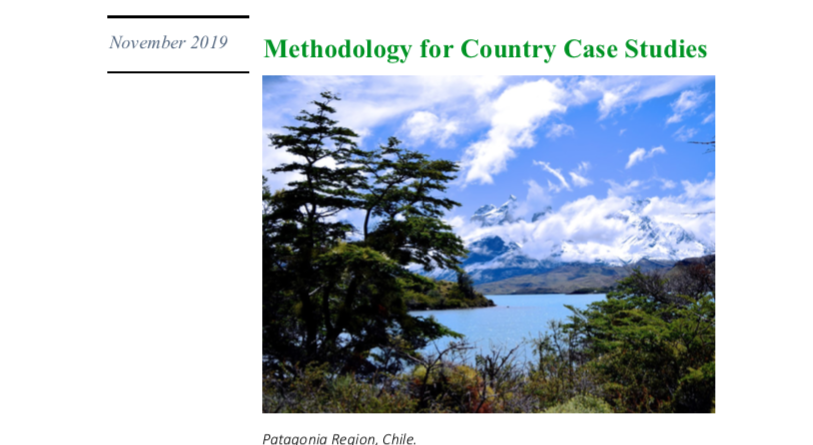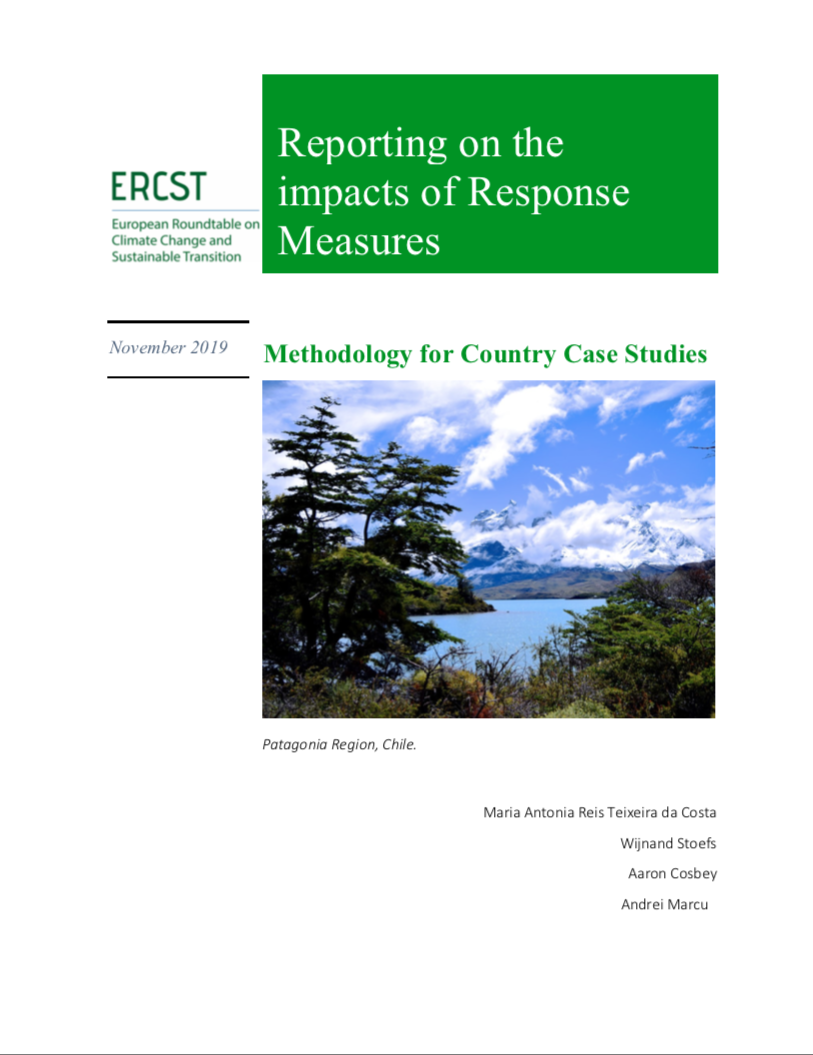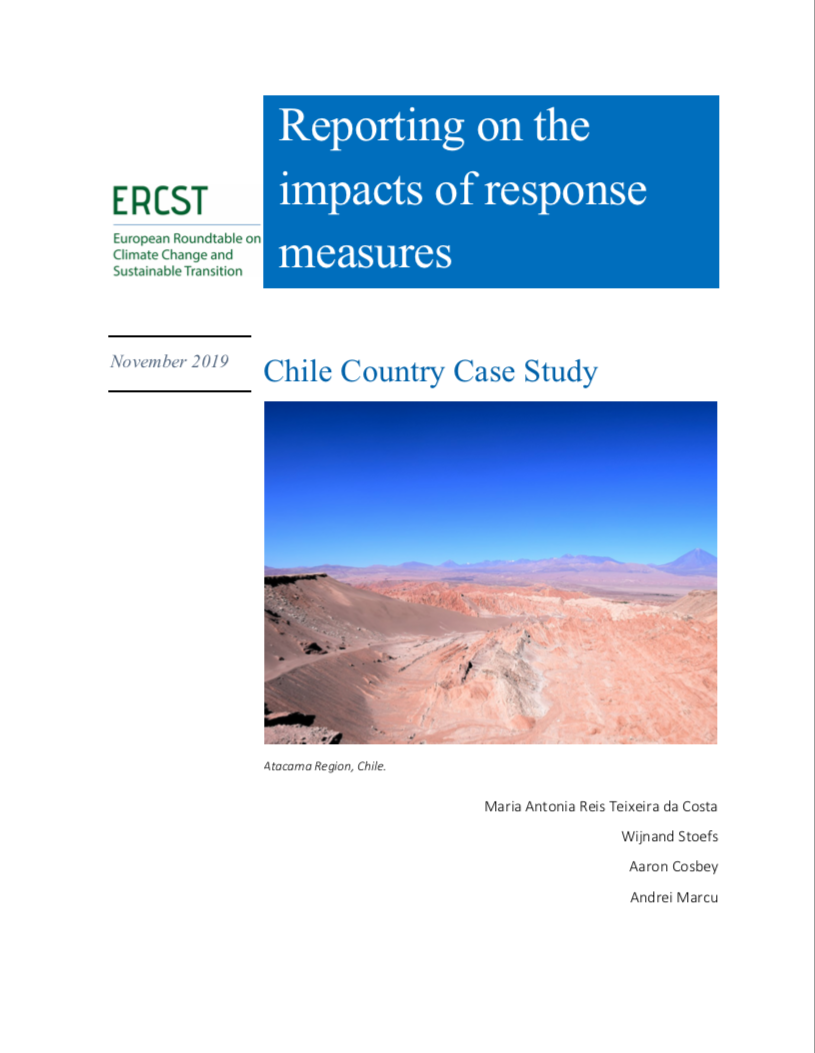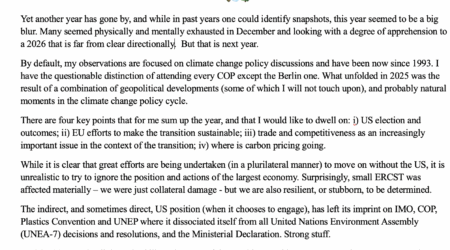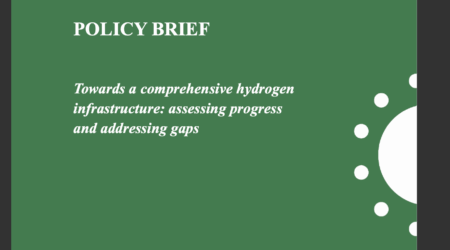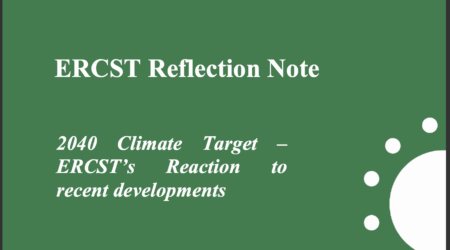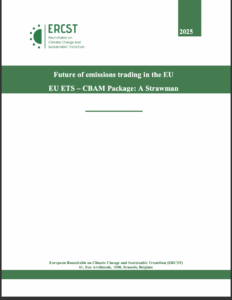Reporting on the impacts of Response Measures: Methodology
AUTHOR(S): MARIA ANTONIA REIS TEIXEIRA DA COSTA, WIJNAND STOEFS, ANDREI MARCU AND AARON COSBEY
Climate change mitigation policies (also known under the UNFCCC as ‘Response measures’) will need to be put in place and/or strengthened around the world to enable the transition of economies and societies away from fossil fuels and towards a low-carbon future. Response measures will have impacts, both in the countries implementing them and across borders.
ERCST not only organizes the ‘Informal dialogue on Response measures’ project, but has been working intensely on developing a methodology that countries can use to report to the UNFCCC (under Biennial Update Reports and, starting in 2024, Biennial Transparency Reports) on the impacts of response measures and the tools and support necessary to address and manage those impacts.
We are pleased to hereby share with you:
- The methodology describing in detail how a country could assess and report on the impacts of response measures
- The Chile country case study, which ERCST developed to test the practical implementation of the methodology.
The methodology seeks to aid in identifying both the positive as well as negative, intended and unintended impacts of domestic and international climate change mitigation policies and projects, concentrating on the three pillars of sustainable development: the economic, environmental and social dimensions. This is achieved by identifying key vulnerable sectors, relevant response measures and analysing impacts.
The basic premise of these two papers is that we need to move faster and deeper. For the transition to a low-carbon or climate neutral society to take place, impacts of response measures need to be understood and addressed. Otherwise the lack of information and analysis of impacts and tools to mitigate negative impacts can act as a brake on ambitious climate action and risk reducing buy-in from important stakeholders. This methodology and the overall project’s focus should be seen in that light: increasing understanding to strengthen the case for climate mitigation action.

